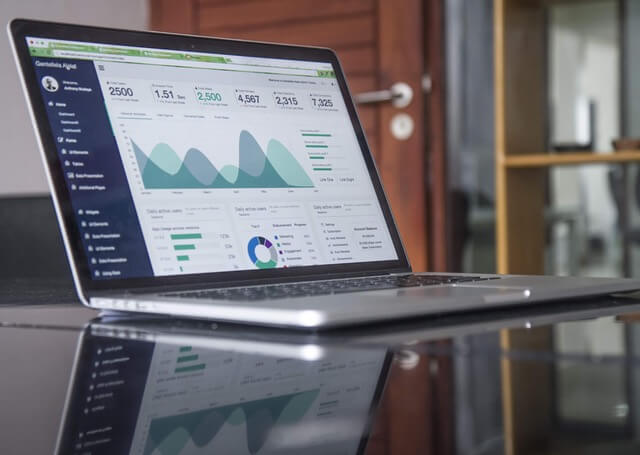Your hotel begins collecting customer data the moment a traveler searches for accommodations in their destination city, giving you multiple points from which you can draw conclusions about your target audience. This information makes up the collective pool of “big data” now exerting a heavy influence on the hospitality industry.

Using Comprehensive Analytics to Create the Ideal Hotel Experience – Free-stock by Pexels
Big Data: A Big Deal for Hospitality
The guest experience is already a major focus for hotels, and the data now flooding the industry offers new ways to approach this objective. Hospitality providers can now track just about every detail about customers, including the search terms used to find hotels, what is being said on review sites and the prevailing attitude toward a particular hotel or chain on social media. When all the data is sorted and examined, it reveals a telling picture of what guests need, want and expect from the accommodations they choose.
Making Every Stay Personal
To capitalize on the current trend of personalization, it’s time for your hotel to tap into the potential of big data. Whether you run a two-star chain motel or a five-star resort, breaking down the silos between data segments to create a complete picture of your customer base makes it possible to provide a positive experience across every channel. The atmosphere of your hotel should be mirrored by the tone of your website and social media content and remain consistent in every location if you operate a chain.
Catering to the Customer on Every Level
Analyzing big data from new and returning guests can tell you how people behave when they’re looking for a great accommodation in Dubrovnik for a stay or seeking a simple motel for a quick overnight visit. Creating an app makes the experience even better by allowing customers to track reservations, see when rooms are ready, order from room service or an onsite restaurant and control many other aspects of their stay. These actions give you more information to enhance the understanding of your target audience and provide personalized experiences for everyone.
Big Data and the Future of Hotels
All data collected from guests must be analyzed and applied to every aspect of your hotel’s operation. Deeper knowledge of your customer base helps you make more informed decisions about website design, marketing campaigns and onsite offerings. As big data continues to influence the hospitality industry, the focus is shifting from hotels drawing guests in with a single blanket experience to guests informing hotels of exactly what they want. Clear feedback is essential to form appropriate responses to this customer-centric market. Give guests every opportunity to review their experiences, and ask specific questions to learn how you can make subsequent visits more enjoyable.
Analyzing big data from your hotel guests helps you create the best possible establishment for your target audience. From new customers to regulars who book rooms whenever they’re in town, you can use analytics from customer data to make your hotel more inviting and desirable. This generates more positive reviews, boosts your reputation and increases visibility of your hotel’s brand in search results to bring in even more satisfied guests.
